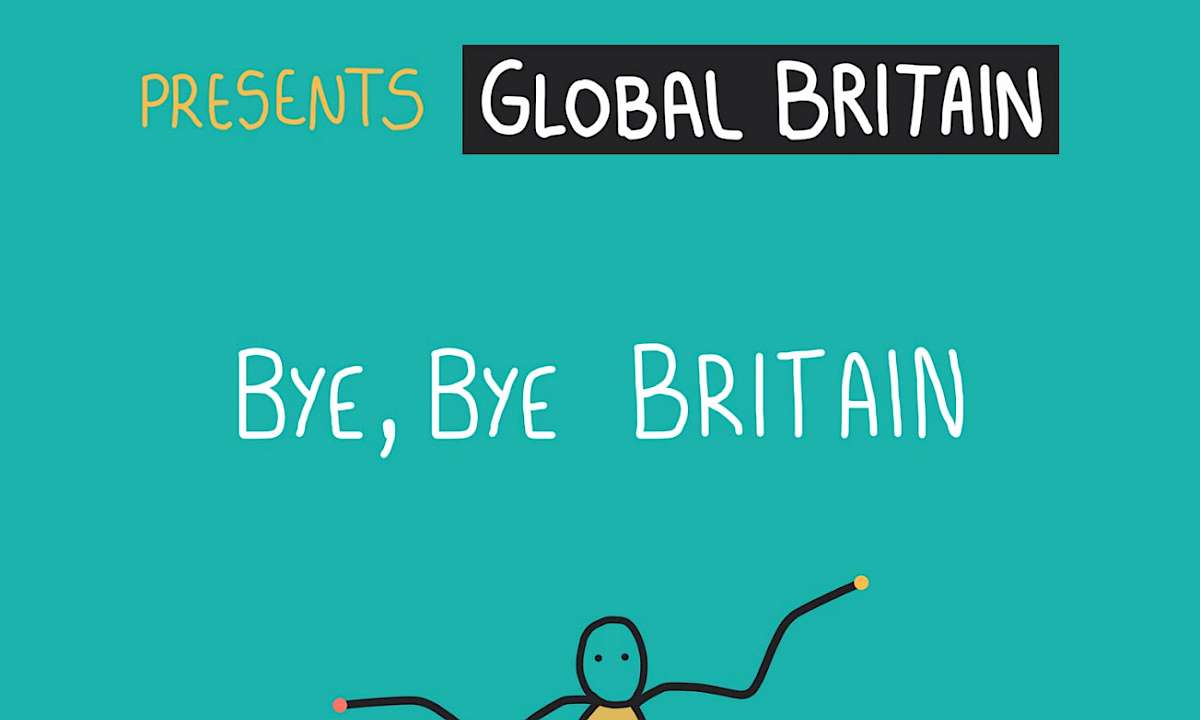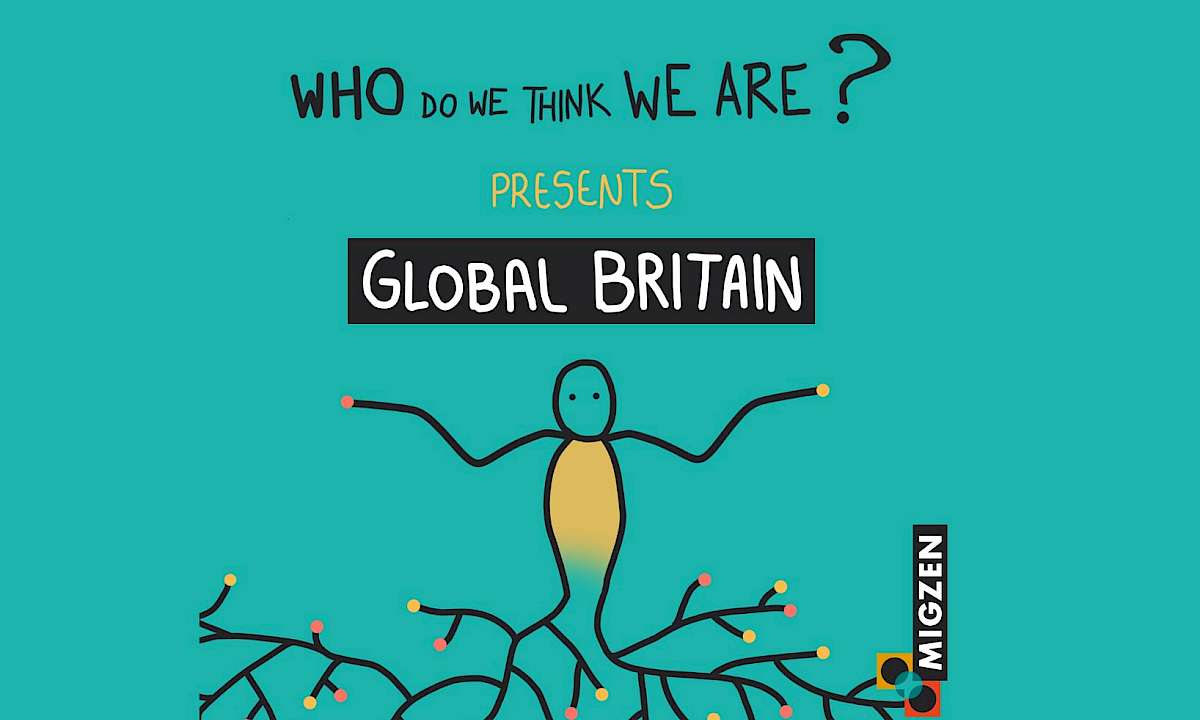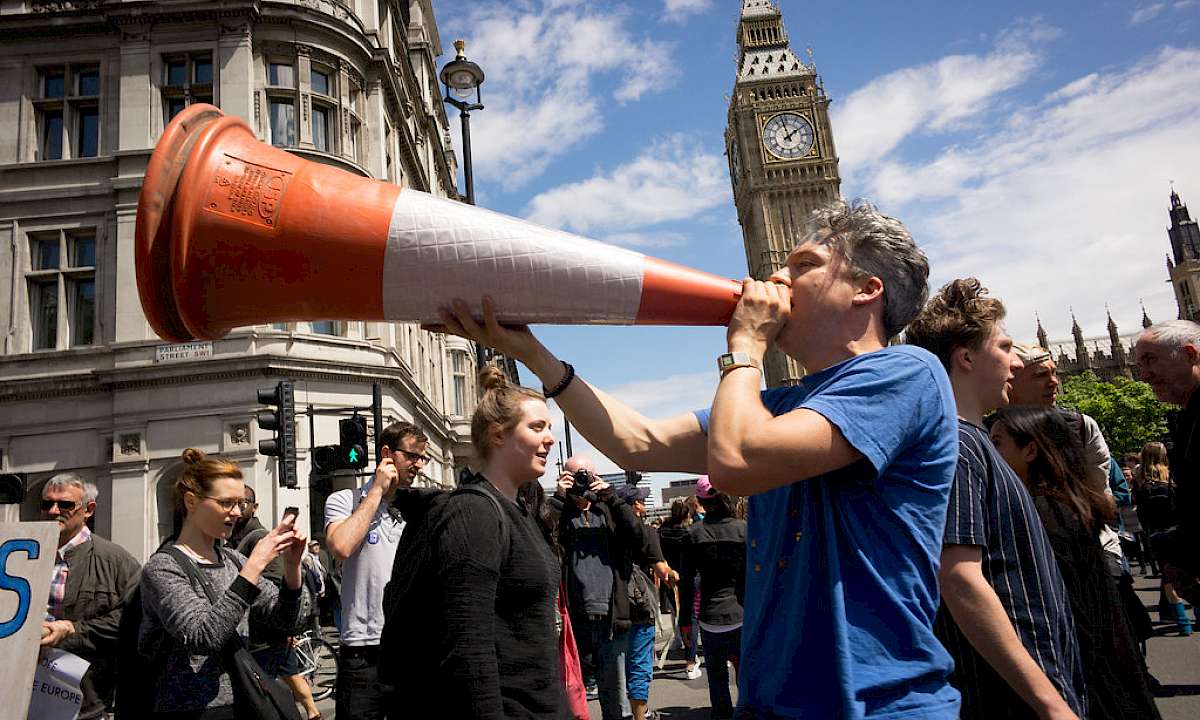
Over the course of the 19th century […] really till the beginning of the First World War, by which time the [British] population was around 40 million, it's estimated that over 10 million people left these shores. So, if you can imagine it as a proportion of the population, it is huge. And I think the events that drove this are probably the same that drive migration today. It was people wanting to escape abject poverty, to get better opportunities, to get land, to get away from political or religious persecution.
— Mukti Jain Campion
Episode 3 of our podcast collaboration with Who do we think we are? launches today. And we’re talking Emigration, its relationship to colonialism, and people leaving Britain in the twenty-first century.
Hear from MIGZEN researcher Elena Zambelli as she explains the difference between immigration and emigration. Our guest Mukti Jain Campion, founder of the independent production company Culture Wise, reminds us of the relationship between emigration and the making of the British Empire. And co-hosts Nando Sigona and Michaela Benson reflect on why we need to talk about emigration today in Britain and beyond. In particular, they examine how states engage with emigration from its role in net migration figures through to policies and concerns over brain drains. And they turn to consider who is leaving Britain today, drawing on what British citizens and EU nationals taking part in our research told us about the significance of Brexit to their emigration decisions.
Whilst debates on migration disproportionately focus on immigrants – people moving into a country different from one’s country of nationality or habitual residence – this episode is a powerful reminder of why we need to look beyond these headlines and consider people’s lives and histories in their entirety. Nando introduces us to Abdelmalek Sayad, a French-Algerian sociologist, who was
socialised in the colonial sort of relations between Algeria and France, and his important contribution is to always remind us that every immigrant is also an emigrant. Every time we look at an immigrant, at the same time, we should also consider the other side of the 'double absence', which is the fact of them never been fully part of the society of destination, but also no longer fully part of their society of origin.
Michaela brings this insight to bear on nation states, and the changing politics of emigration underpinning these. Speaking specifically of contemporary British emigration, she asks why emigration is absent from the national conversation about migration given its scale and history:
It's estimated that today, between 4.7 million and 5.5 million British citizens live overseas. And what this means is that approximately one in 10 British citizens live outside the UK ...Yet, it's certainly not part of that national conversation about migration.
The episode powerfully reminds us that emigration is part of our histories, past and present, and its understanding can contribute to building a more hospitable place for those who leave, arrive and return to places that were, are or will be home.
Tune in to the remainder of the season, to find out how the redrawing of boundaries around both the British and EU imagined communities is entangled with a changing migration-citizenship regime, which continues to shape the lives of migrants and rewrites Britain’s migration story after Brexit.
You can listen to the podcast and the back catalogue, access our shownotes, active listening questions and transcripts on our podcasts page.
And you can follow the podcast on all major podcasting platforms or through our RSS Feed






